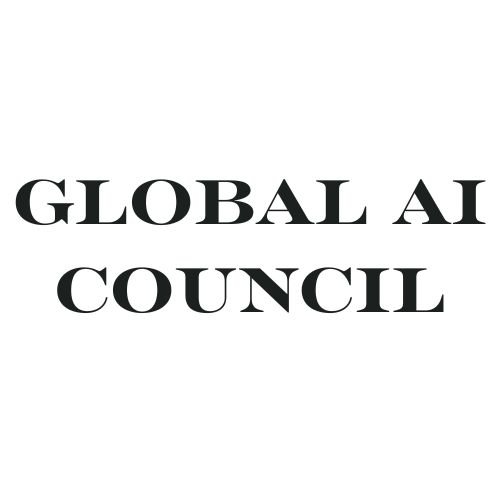What Is AI for Good?
Artificial Intelligence (AI) is often painted with two broad strokes: it's either a groundbreaking solution to humanity’s biggest problems, or a looming threat to jobs, privacy, and even existence itself. But somewhere between the hype and fear lies a powerful, practical reality — AI for Good.
AI for Good is about using the power of AI to benefit humanity, solve real-world challenges, and create a positive impact across societies. It's a global movement, a mindset shift, and a call to action for technologists, entrepreneurs, governments, and individuals to apply AI responsibly and ethically for the greater good.
Where AI for Good Is Making a Difference
Healthcare: AI algorithms are helping doctors diagnose diseases faster and more accurately, from detecting cancer early to predicting outbreaks before they happen.
Climate Action: AI models are being used to monitor deforestation, predict extreme weather, optimize renewable energy, and design smarter, greener cities.
Education: Personalized learning platforms powered by AI are helping bridge gaps in education, reaching remote communities, and providing tailored learning experiences to students worldwide.
Disaster Response: AI systems analyze satellite images and real-time data to help first responders assess damage after natural disasters and allocate resources more effectively.
Accessibility: Tools like speech-to-text apps, AI-powered sign language translators, and mobility assistance technologies are giving people with disabilities more independence and opportunities.
Why It Matters
Technology doesn’t shape itself — people do. Without intentionality, AI can easily reinforce biases, deepen inequalities, and serve only the few. AI for Good ensures that innovation stays anchored to empathy, inclusion, fairness, and sustainability.
It’s not just about building smarter machines — it’s about building a smarter future for everyone.
How We Can All Participate
You don’t have to be a data scientist to contribute to AI for Good. Here’s how anyone can get involved:
Support organizations that champion AI for social impact.
Push for policies and ethics frameworks that guide responsible AI development.
Stay educated about AI’s capabilities and limitations.
Ask the right questions: Who benefits from this AI? Who might be harmed? How can it be better?
Final Thought
The true measure of AI’s success won't be in how intelligent it becomes, but in how wisely we use it.
When guided by values, empathy, and vision, AI for Good isn’t just a possibility — it’s a responsibility.
